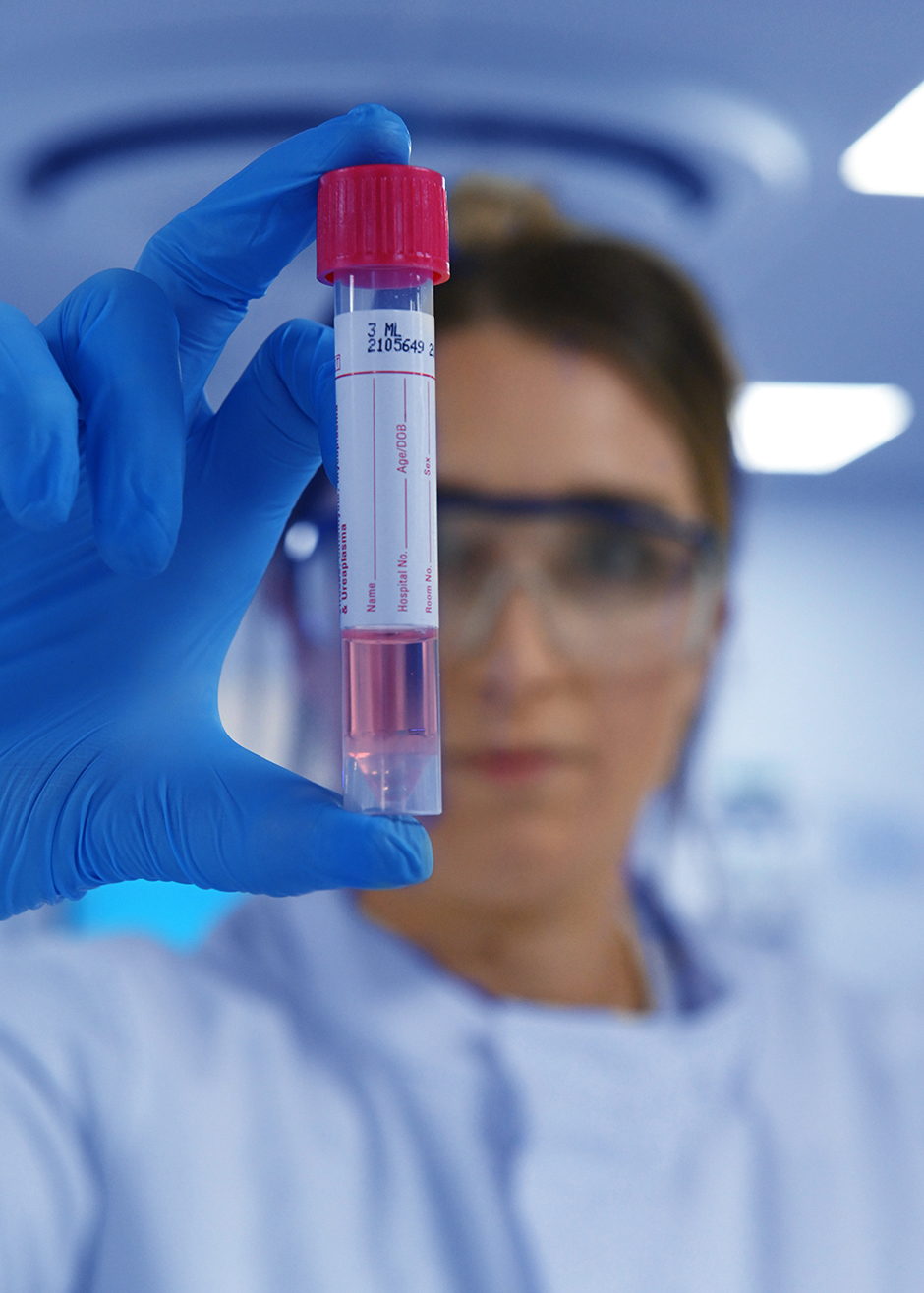Symptoms depend on the site of infection and include dysuria (discomfort on urination), vaginal or penile discharge, testicular or pelvic pain. Pharyngeal or rectal infections and endocervical infections in females are often asymptomatic. If left untreated there is a high risk of complications including spread to other sites and complications such as pelvic inflammatory disease and epididymo-orchitis. The incubation period is usually 2 to 5 days but infection cannot be ruled out in individuals who test within two weeks of sexual contact with an infected partner so repeat testing may be required in this situation. Diagnosis of gonorrhoea is made using culture or Nucleic acid amplification tests (NAAT’s). NAAT’s are rapid and show a high sensitivity. Culture plays an important role in facilitating antibiotic testing to ensure infection will respond to treatment. A test of cure is also recommended 2 weeks post completion of treatment.
Information on the management of gonococcal infections please refer to National guidelines such as the most recent BASHH guidelines which can be viewed here or the 2020 European guideline for the diagnosis and treatment of gonorrhoea in adults.







